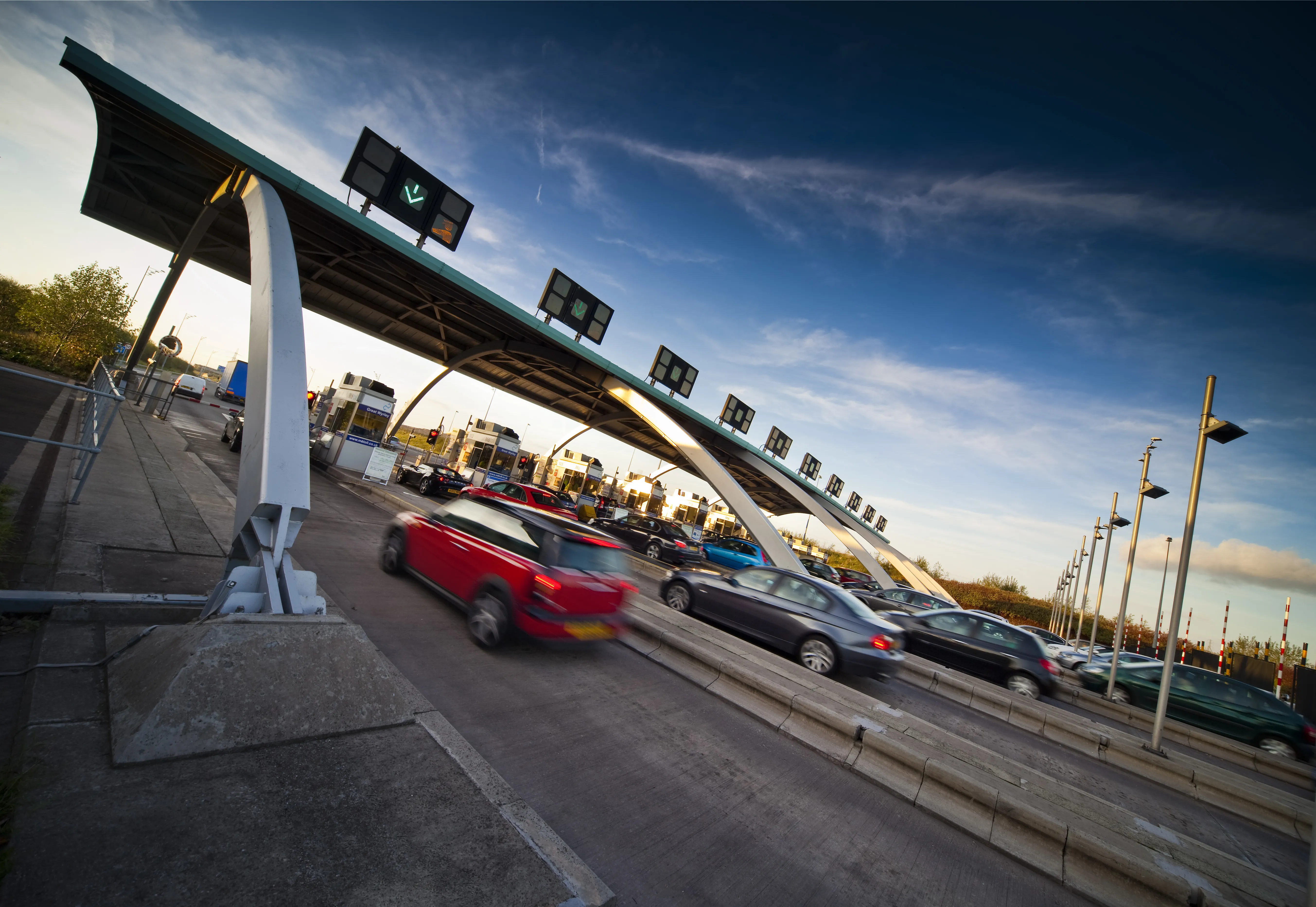Better connected transport will drive economic growth and better protect the environment, according to the Transport Outlook 2012 report on mobility trends produced by the International Transport Forum at the OECD (Organisation for Economic Co-operation and Development). The new influential report was launched by OECD Secretary-General Angel Gurría during the Annual Summit of Transport Ministers held in Leipzig, Germany.
“Transport and technology form the backbone of global trade,” said Gurría at the summ
May 4, 2012
Read time: 2 mins
Better connected transport will drive economic growth and better protect the environment, according to the Transport Outlook 2012 report on mobility trends produced by the 1102 International Transport Forum at the OECD (3685 Organisation for Economic Co-operation and Development).
The new influential report was launched by OECD Secretary-General Angel Gurría during the Annual Summit of Transport Ministers held in Leipzig, Germany.
“Transport and technology form the backbone of global trade,” said Gurría at the summit.
“Connecting places and people creates opportunities for new markets and better connections can increase productivity. Making well-targeted investments in new capacity and intelligent, smart mobility technologies and ensuring their best possible use can provide a new source of growth.”
According to the Outlook, entitled ‘Seamless Transport for Green Growth,’ the transport sector could play a key role in moving the world economy towards a more sustainable path.
“Going green in transport does not mean giving up mobility: it implies mobility with a smaller environmental footprint,” said Gurría. “Thinking seamless is a bid to align mobility aspirations with aspirations for greener growth.”
Key findings of the 2012 Transport Outlook include:
The new influential report was launched by OECD Secretary-General Angel Gurría during the Annual Summit of Transport Ministers held in Leipzig, Germany.
“Transport and technology form the backbone of global trade,” said Gurría at the summit.
“Connecting places and people creates opportunities for new markets and better connections can increase productivity. Making well-targeted investments in new capacity and intelligent, smart mobility technologies and ensuring their best possible use can provide a new source of growth.”
According to the Outlook, entitled ‘Seamless Transport for Green Growth,’ the transport sector could play a key role in moving the world economy towards a more sustainable path.
“Going green in transport does not mean giving up mobility: it implies mobility with a smaller environmental footprint,” said Gurría. “Thinking seamless is a bid to align mobility aspirations with aspirations for greener growth.”
Key findings of the 2012 Transport Outlook include:
- Global passenger transport volumes could be 2 to 2.5 times as large in 2050 as they are now. Outside the OECD, passenger volumes could rise by a factor of 2.5 to 3.5; in the OECD growth could be around 30%.
- Global freight transport volumes in 2050 could be 2 to 4 times as large as they are today. Within the OECD, freight volumes could double; outside the OECD they could be more than five times as large.
- CO2-emissions from transport could grow by a factor of 1.5 to 2.5 between 2010 and 2050.
- In advanced economies, emissions from passenger transport can be stabilised thanks to improved technology. Freight transport emissions will still rise, however, unless freight transport grows only half as fast as GDP.
- Passenger mobility policies could reduce emission growth outside the OECD by anywhere from a quarter to one-third by 2050.
- In the longer run, policy should be used to stimulate alternative energy sources. Diversity in transport energy is preferred to replacing fossil fuels with another dominant source.








